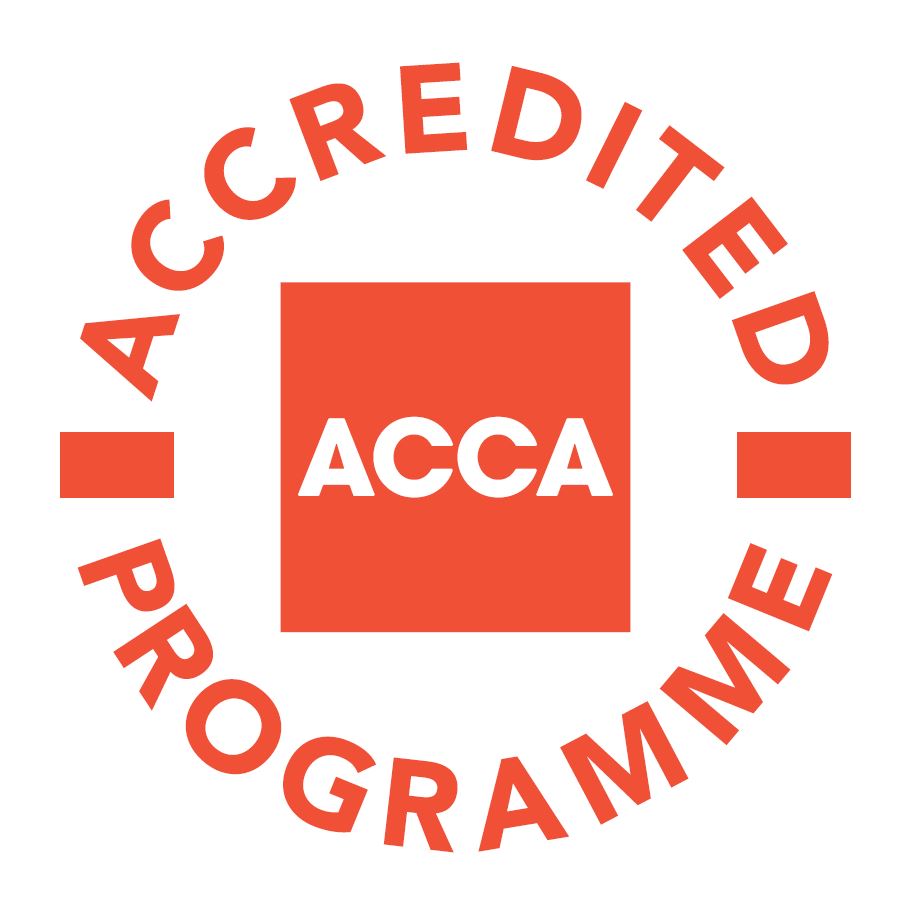Strategic Alliances and Voluntary Disclosures
Dr. Sebahattin Demirkan is an Associate Professor of Accounting in Accounting, Business Analytics, CIS and Law Department at O’Malley School of Business of Manhattan College. He earned his PhD in Accounting/Management Science at Jindal School of Management of the University of Texas at Dallas where he got his MS in Accounting, MSA Supply Chain and MBA degrees. He became interested in becoming an academic shortly after completing his BA at the Faculty of Economics and Administrative Sciences in Bogazici University, Istanbul. He worked at Koc Holding, a private venture capital firm and the University of California, Berkeley during and after his education at Bogazici University. His research interests are in the areas of financial accounting, capital markets, auditing, corporate governance, strategic alliances, taxation, CSR and data analytics. He has published articles in Contemporary Accounting Research, JAPP, JAAF, TEM, Journal of Management, and other top academic journals. He taught at Johns Hopkins, University of Maryland-College Park, George Washington, Northeastern, SUNY Binghamton, Bentley, ISCTE-IUL, Suffolk, HULT International, Morgan State, Bilkent and Koc Universities. He teaches several different classes in both undergraduate and graduate levels in Accounting and Analytics programs. He is a treasurer and vice president of the TASSA, board member of the BURCIN and member of the American Accounting Association.
Abstract
We examine and document that alliance firms use more voluntary disclosures for good and bad earnings news periods. When we focus on alliance-type, contractual alliance where parent companies remain separate entities, provide more quantitative and qualitative voluntary management guidance than standalone firms in good and bad news periods. This shows that firms with complex annual reports use voluntary disclosure to help investors obtain information. Firms in a joint venture, when a new entity is formed, issue less quantitative guidance for all news periods and do not issue qualitative guidance at a different rate than standalone firms probably to protect proprietary information. We suggest that intra-organizational partnership form is an important consideration for managers when they weigh not only if they should release guidance but in what form.

